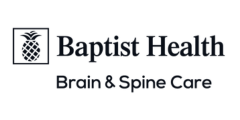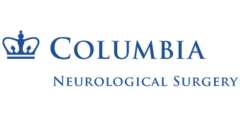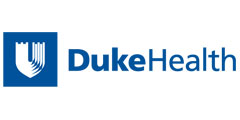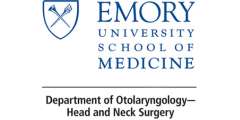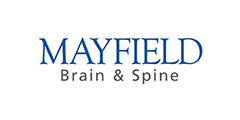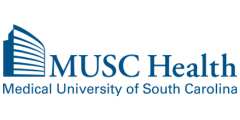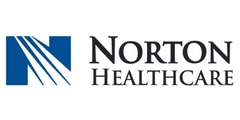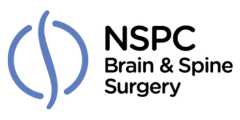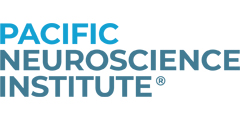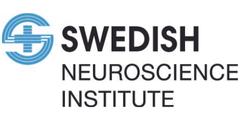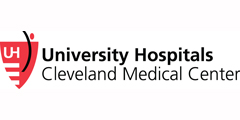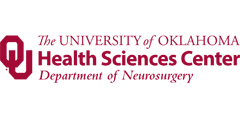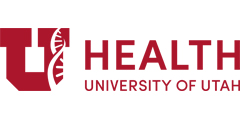Study of Aspirin in Patients with Vestibular Schwannoma
Sponsored by Congressionally Directed Medical Research Programs
D. Bradley Welling, M.D., Ph.D., Principle Investigator
*Please note: Study participants will come to a participating center on a schedule that matches normal follow-up for patients with vestibular schwannomas under observation. Some visits may be handled virtually.
What is the purpose of this study?
The purpose of this study is to see if aspirin will prevent tumor growth in patients with sporadic or NF-2 related vestibular schwannoma compared to patients who do not take aspirin.
Who qualifies to participate?
Patients who can participate include those with newly diagnosed or growing vestibular schwannomas, either sporadic or NF-2 related, aged 12 and older.
What centers are participating in the study?
The centers that are participating are: Mass Eye and Ear, Mayo Clinic, Stanford University, University of Iowa, University of Miami, University of Utah and our most recent addition, the Barrow Neurological Institute in Phoenix, Arizona.
What happens if I agree to participate in the study?
Study participants will come to a participating center on a schedule that matches normal follow-up for patients with vestibular schwannomas under observation. Some visits may be handled virtually.
If you agree to participate in the study and are found to be eligible, you will be randomized to receive daily aspirin or no treatment. Randomization means that you or your study doctor will not get to choose whether you get aspirin or not. However, the study is designed so that all patients will have the opportunity to be on the active aspirin arm.
During the study, you will have a visit with your study doctor. An MRI and a hearing test are performed at baseline, 6 months after enrollment, and every year you are on the study (5 total). You will also be asked to fill out short questionnaires about how your vestibular schwannoma impacts your quality of life. You will answer these questions at each follow-up over the course of the study. We will also draw some blood (about 2 teaspoons) to research vestibular schwannoma at the following times: when you start the study, at 6 months, at 1 year, and every year you are on the study thereafter.
If your tumor grows while you are in the study, you may enter the follow up portion of the study. If it turns out you were not on aspirin during the randomized portion of the study, you have the option to move into the group taking aspirin for further follow up. You may select to leave the study and receive other treatment options such as surgery or radiation at any time.
Everyone will be followed on study for up to 3.5 years.
How many patients are enrolled in the study?
Over 70 patients are enrolled as of this writing (April 2024), but many more patients are still needed to complete the study, so we welcome new potential candidates.
What if I already take aspirin?
You will be allowed to join the study if you stop aspirin use for 60-days prior to starting the study. Guidelines have recently changed for the routine use of prophylactic aspirin to prevent strokes and heart attacks. Potential participants should discuss this with their primary care physician. Tylenol is an acceptable alternative for many who use aspirin or ibuprofen for pain control.
Would the study cover the cost of treatment?
The study treatment (aspirin) will be provided to you at no cost to you.
Are there any additional costs or financial benefits to participate in the study?
You will not be charged for the research blood studies. The rest of the medical care on the study (the study doctor visits, MRIs, and hearing tests) would be done even if you weren’t on the study and will be charged to you or your insurance in the usual way.
Unfortunately there are insufficient funds to pay you if you agree to participate in the study.
Are there any additional risks associated with participating in the study?
Aspirin is a safe and common over-the-counter medication. However, some people have sensitivity to aspirin and should not participate. In addition, a very low percentage (between 1-2%) of people experience minor stomach discomfort from aspirin. An even lower percentage (0.1-0.2%) of people experience more severe symptoms from aspirin such as bleeding, ulcers or stoke. Aspirin use should be avoided in children with flu-like symptoms or fever as it can lead to a very rare disease, with vomiting and mental status changes (Reye’s syndrome).
What if I have other questions?
Please contact the Primary Study Coordinator:
Christopher Wood, cgwood@meei.harvard.edu, 857-991-8680
or the Program Manager:
Ellen Fitzgerald, Ellen_Fitzgerald@meei.harvard.edu
You can also contact the participating site closest to you.
How do I participate?
Please contact one of the following sites to arrange an appointment:
D. Bradley Welling MD, PhD
Brad_welling@meei.harvard.edu
Mass Eye and Ear: 617-573-3632
Boston, MA
Konstantina Stankovic MD, PhD
kstankovic@stanford.edu
Stanford: 650-723-5281
Palo Alto, CA
Alex Claussen, MD
Alexander-Claussen@uiowa.edu
University of Iowa: 800-777-8442
Iowa City, Iowa
Brian Neff, MD
Neff.brian@mayo.edu
Mayo Clinic: 507-284-2511
Rochester, MN
Neil Patel MD or Richard Gurgel, MD
neil.patel@hsc.utah.edu
richard.gurgel@hsc.utah.edu
University of Utah: 801-587-8368
Salt Lake City, UT
Fred Telischi, MD
ftelischi@med.miami.edu
University of Miami: 305-243-3564
Miami, FL
Shawn Stevens, MD
Shawn.stevens@commonspirit.org
Barrow Neurological Institute: 884-608-0873
Phoenix, AZ


